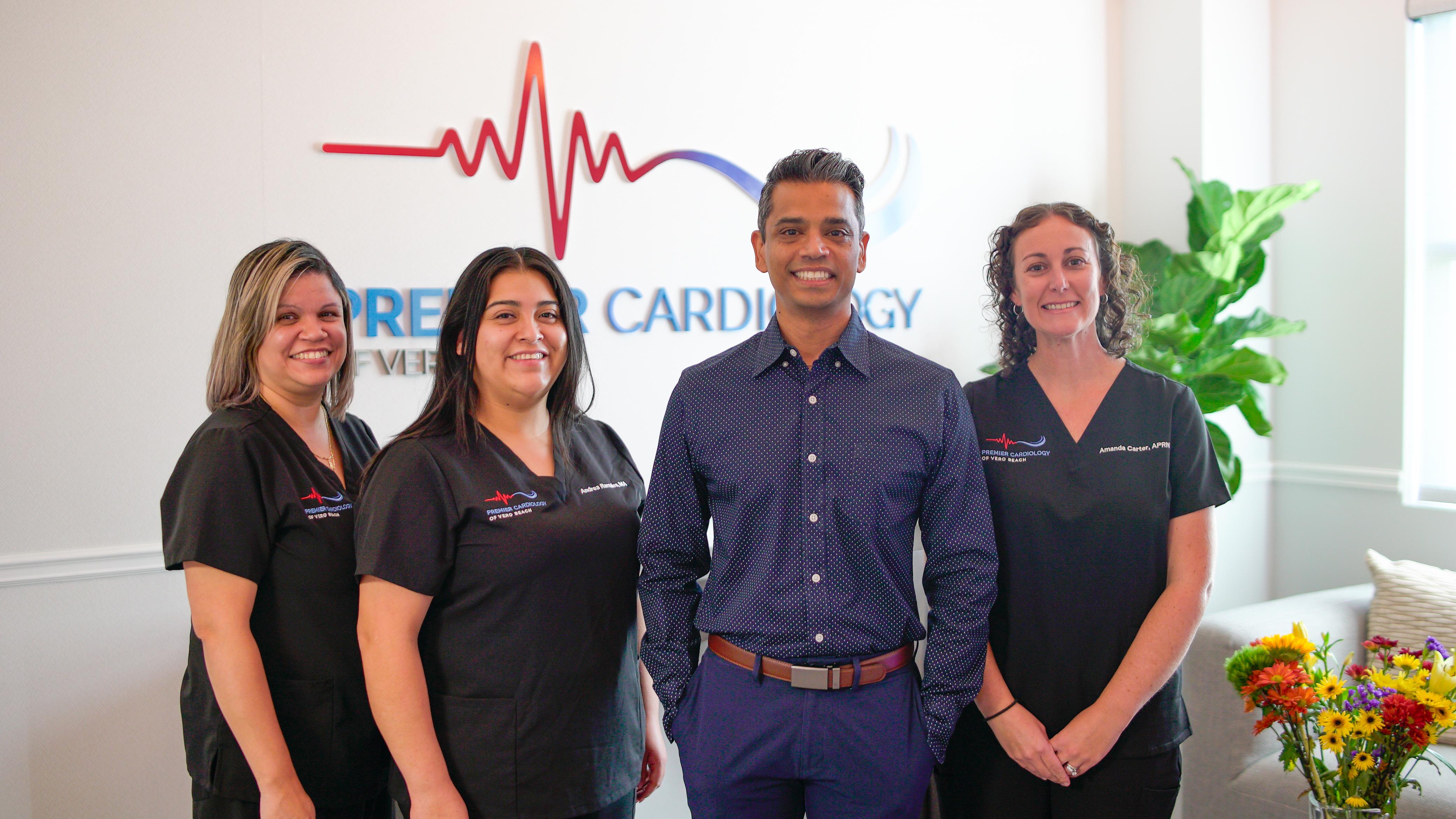
Cardiology is a specialized branch of medicine that deals with disorders of the heart and blood vessels. Cardiologists are medical doctors who are experts in diagnosing and treating conditions related to the cardiovascular system. They play a crucial role in helping patients with heart problems live healthier and longer lives. In this article, we will take a closer look at the world of a cardiologist specialist, exploring what they do and why their work is so important.
What is a Cardiologist Specialist?
A cardiologist specialist is a physician who has undergone additional training and education in the field of cardiology. They specialize in diagnosing and treating heart conditions, as well as providing preventive care to help patients maintain heart health. Cardiologists are an essential part of the healthcare team, working closely with primary care physicians, surgeons, and other specialists to provide comprehensive care for patients with cardiovascular issues.
Roles and Responsibilities of a Cardiologist Specialist
- Diagnosing and treating heart conditions such as coronary artery disease, heart failure, arrhythmias, and congenital heart defects.
- Performing diagnostic tests and procedures, including electrocardiograms (ECGs), echocardiograms, and cardiac catheterizations.
- Prescribing medications and developing treatment plans to manage heart disease and improve heart function.
- Educating patients about heart-healthy lifestyle choices, such as diet, exercise, and smoking cessation.
- Collaborating with other healthcare providers to coordinate care for patients with complex cardiovascular conditions.
Why Cardiologist Specialists Matter
Cardiologist specialists play a critical role in the healthcare system and in the lives of patients with heart disease. Here are some reasons why their work is so important:
Expertise in Heart Health
- Cardiologists have specialized training and experience in diagnosing and treating a wide range of heart conditions, allowing them to provide high-quality care to patients with cardiovascular issues.
- They stay up-to-date on the latest advances in cardiology research and treatment options, ensuring that patients receive the most effective and evidence-based care.
Prevention and Early Intervention
- Cardiologists focus on preventive care to help patients reduce their risk of developing heart disease, including managing risk factors such as high blood pressure, high cholesterol, and diabetes.
- They can detect heart problems in their early stages through screening tests and regular check-ups, allowing for prompt intervention and treatment to prevent complications.
Improving Quality of Life
- By managing heart conditions and helping patients adopt heart-healthy behaviors, cardiologists can significantly improve the quality of life for individuals with cardiovascular issues.
- They work with patients to develop personalized treatment plans that address their unique needs and goals, supporting them in living full and active lives despite their heart disease.
How to Become a Cardiologist Specialist
Becoming a cardiologist specialist requires a significant amount of education and training. Here is an overview of the typical path to becoming a cardiologist:
Educational Requirements
- Complete a bachelor's degree with a strong foundation in science and math.
- Attend medical school and earn a Doctor of Medicine (MD) or Doctor of Osteopathic Medicine (DO) degree.
- Complete a residency program in internal medicine, followed by a fellowship in cardiology to receive specialized training in the field.
Board Certification
- Pass the examinations required by the American Board of Internal Medicine (ABIM) to become board-certified in cardiology.
- Maintain board certification through continuing education and professional development activities throughout their career.
Conclusion
Cardiologist specialists are highly trained medical professionals who play a vital role in caring for patients with heart disease. Their expertise, dedication to preventive care, and commitment to improving quality of life make them invaluable members of the healthcare team. By diagnosing and treating heart conditions, educating patients about heart-healthy habits, and collaborating with other providers, cardiologists help individuals with cardiovascular issues lead longer, healthier lives.
